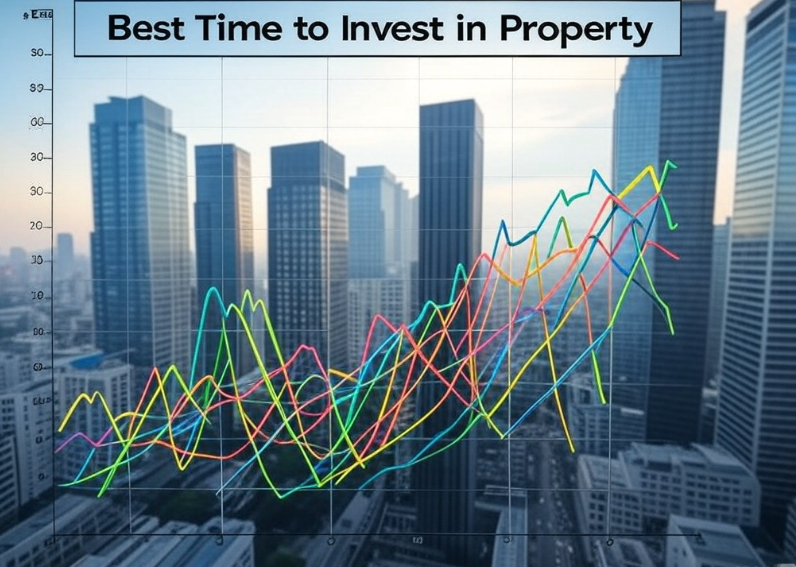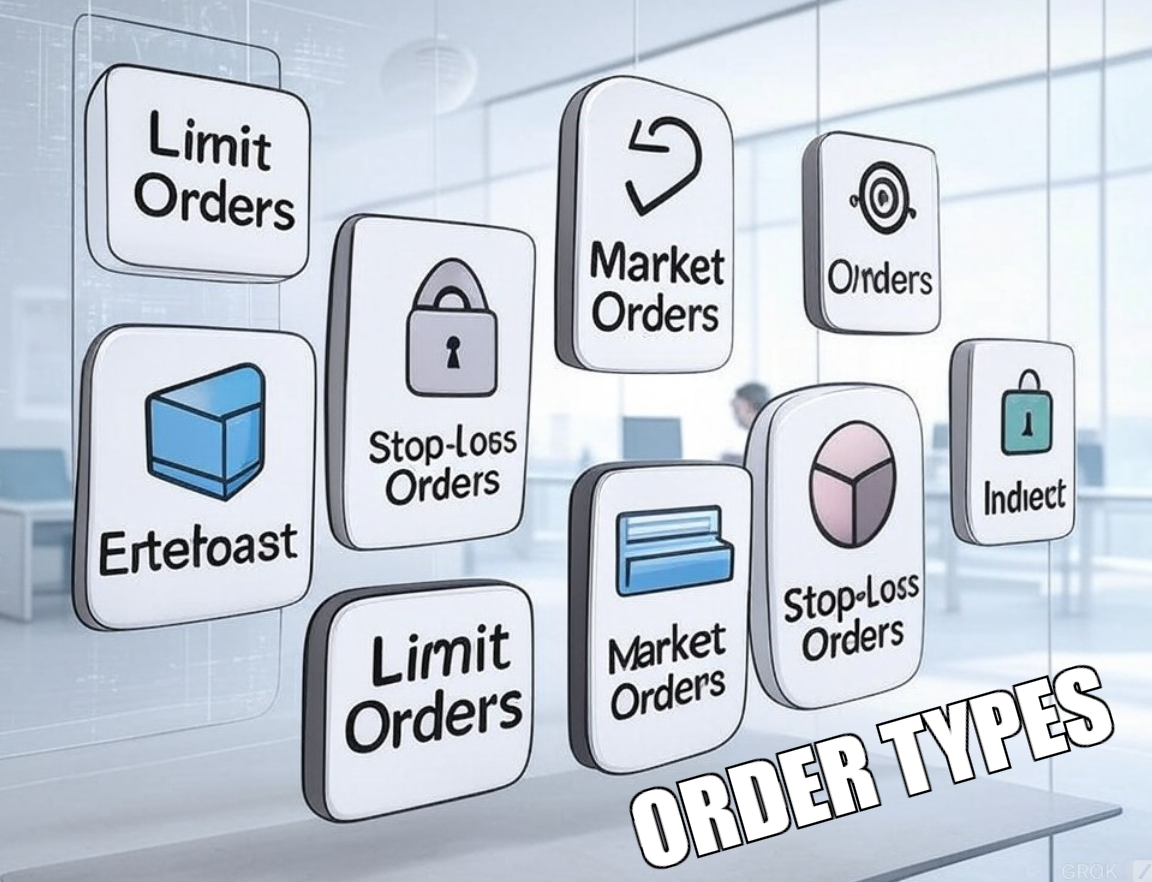Determining the Optimal Time for Property Investment.
Discover “when is the best time to invest in property” with our comprehensive guide on market cycles, economic indicators, and strategic insights to maximize your real estate investment returns.
AI TRADING SIGNALS SOFTWARE
LINK-https://tradingindicatorpro.com
WATCH VIDEO TUTORIAL
LINK-https://youtu.be/F96qBjBNeG0?si=vperuAD6P12ueRP9
-
Boom Phases: Markets in a boom phase see high demand and rising property values. While buying during this time might seem appealing due to the potential for quick gains, it often means you’re entering at peak prices, which could limit your upside potential.
-
Correction Phases: Following a boom, markets might enter correction or downturn phases where prices fall. This could be an ideal time to invest, as properties might be undervalued, offering a better return on investment over time. However, the challenge lies in predicting the bottom of the market.
-
Stabilization: After corrections, markets stabilize, which might be a safe period to invest, though with less immediate growth potential than buying at the bottom.
-
Interest Rates: Lower interest rates can make borrowing cheaper, thus increasing demand for property and potentially inflating prices. Conversely, when rates are expected to rise, it might be wise to invest before the cost of borrowing increases.
-
Employment Rates: High employment often correlates with increased housing demand. Investing when unemployment is low can signal a healthy market for property investment.
-
Inflation: Moderate inflation can push property prices up, but hyperinflation or deflation can destabilize the market. Investing during stable inflation might be ideal for long-term gains.
-
Down Payment: The amount you can put down affects your mortgage terms and investment leverage. The best time to invest might be when you’ve saved enough for a significant down payment, reducing your loan burden.
-
Financial Stability: Consider your job security, income stability, and overall financial health. Investing in property when you’re financially stable can weather market fluctuations better.
-
Long-term Goals: Property investment is typically a long-term game. If you’re planning for future retirement or generational wealth, the “best time” might be now, regardless of short-term market conditions, if you can afford to hold the property long-term.
-
Local Demand: Investigate local market dynamics. Areas with growing populations, new job opportunities, or significant infrastructure developments are often good places to invest, especially if you’re looking at rental income.
-
Property Type: Different property types (residential, commercial, industrial) react differently to market cycles. Understanding which type fits your investment strategy can help determine timing.
-
Regulatory Environment: Changes in local laws, taxes, or zoning can impact property values. Investing before positive changes or after negative ones can be strategic.
-
Economic Forecasts: Analysts often provide insights into future market trends. Following these can guide your investment timing, though remember, forecasts are not guarantees.
-
Real Estate News: Keep an eye on real estate news for insights into market sentiment, which can sometimes signal upcoming shifts in property values.
-
There’s No Perfect Time: While there are strategic times to buy, the best time can often be when you’re personally ready, financially and strategically, combined with favorable market conditions.
-
Long-term Perspective: If you’re investing for the long haul, timing becomes less critical than choosing the right property in a good location with solid fundamentals.
-
Be Prepared to Adapt: Markets evolve; being ready to adjust your strategy based on new information or changes in your personal situation can be key to successful property investment.





